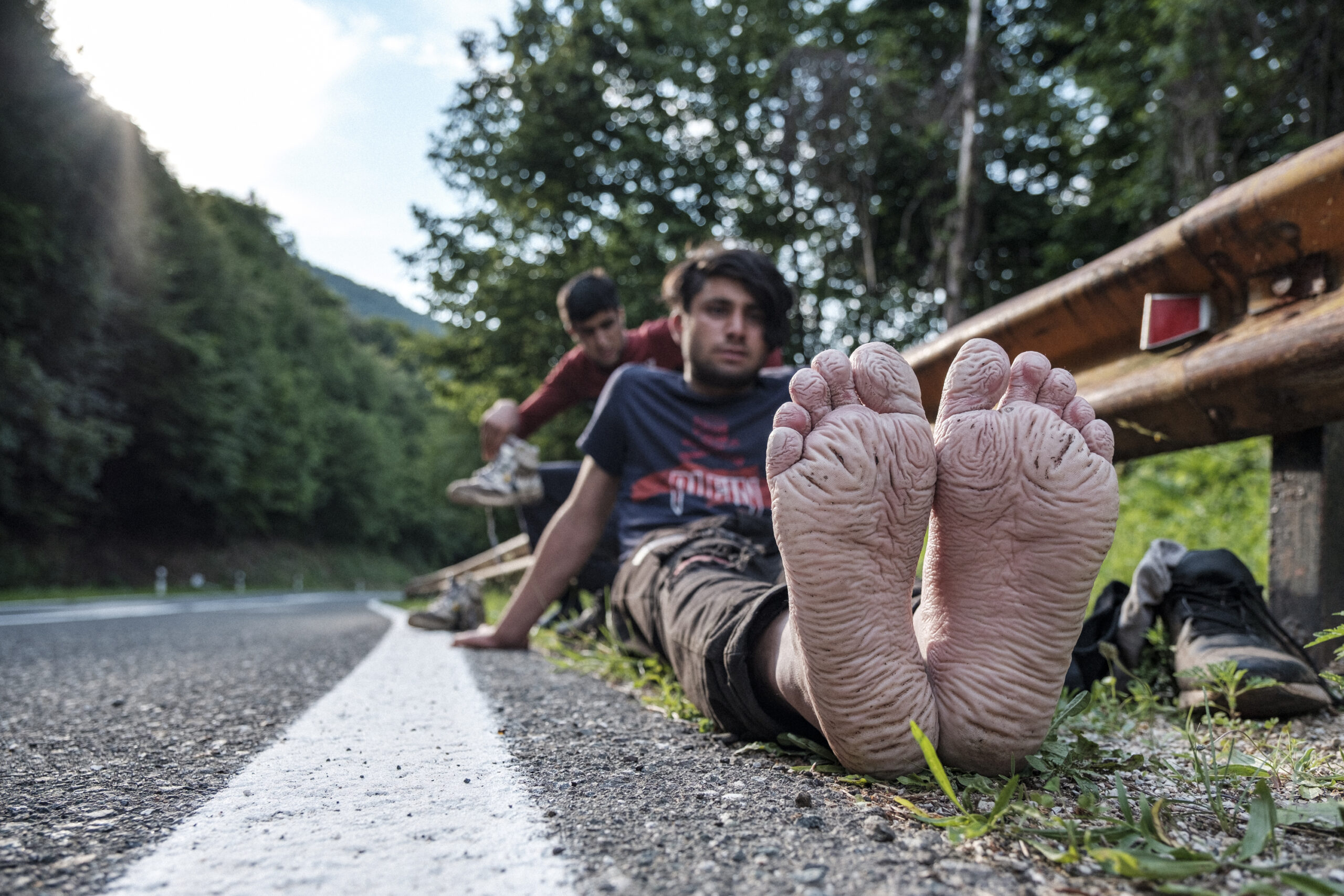Dispatches in Exile

No country can afford to ignore its immigrants. Yet headlines, politicians, and public debate often cast them as a problem, a raft of policies, or a set of statistics. In the past ten years, the number of people migrating internationally has swelled, a trend forecasted to increase in the coming decades. At the same time, societal upheavals and populist politicians have stoked hostilities to immigrants. We live in an age of rising nationalist rhetoric, coupled with muscular border patrols, onerous visa regimes, and deportations. Too often, the discussions of new arrivals remain crude and uninformed, animated by fearmongering and panicked policy rather than a nuanced sense of who immigrants are and how they contribute to our societies. Too often, immigrants are covered only as either threats or victims.
Dispatches in Exile will be host to a new journalism project, one which grew out of a frustration with the narrow discourse on immigrants and a desire to deepen and broaden the media coverage. We will be revamping this website by adding stories, updated on a regular basis, reported and written by journalists who are themselves members of immigrant communities. The pilot project will be based in Washington D.C. or London, with plans to expand to other global cities in the coming years.
Contingent on funding, we’ll provide a ten-month active fellowship for ten aspiring journalists from immigrant communities. Paired with seasoned journalists as mentors, they will cover their communities, their experiences settling in the United States, and their links both to their homelands and the U.S., posting their work on the Dispatches in Exile website. The contributions will include opinion pieces, personal essays, and features, and will comprise visual and audio in addition to written components.
While providing education and professional development for the fellows, the project also serves to improve community cohesion. Producing high-quality stories about recent arrivals will sharpen the discourse within and around their communities. We see the project as a collaborative effort between mentors and mentees, drawing on the expertise of new arrivals as much as on the journalistic skills of the mentors. What are new arrival communities eager to see covered in the English-language press, that isn’t? What successes, concerns, developments, and dynamics need a broader audience? What mistakes do they see in the coverage of their communities—and what do they want to write to rectify them?